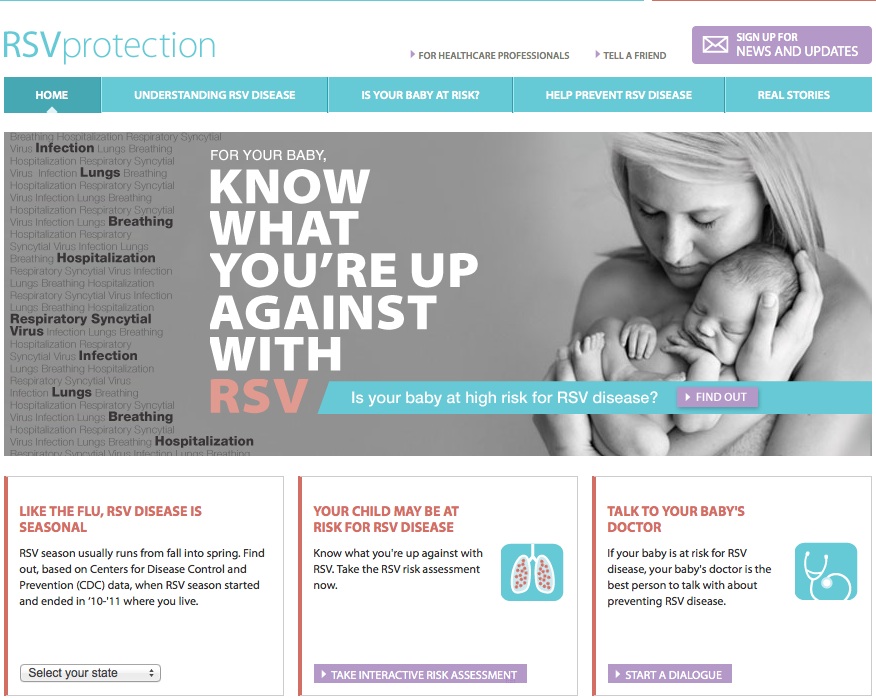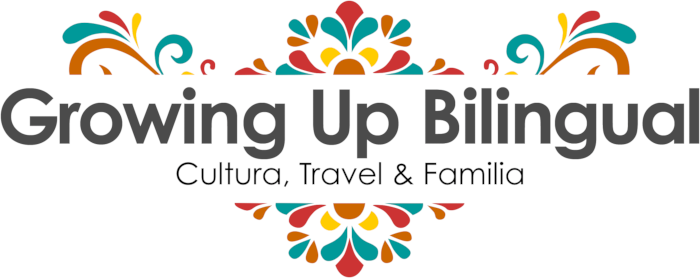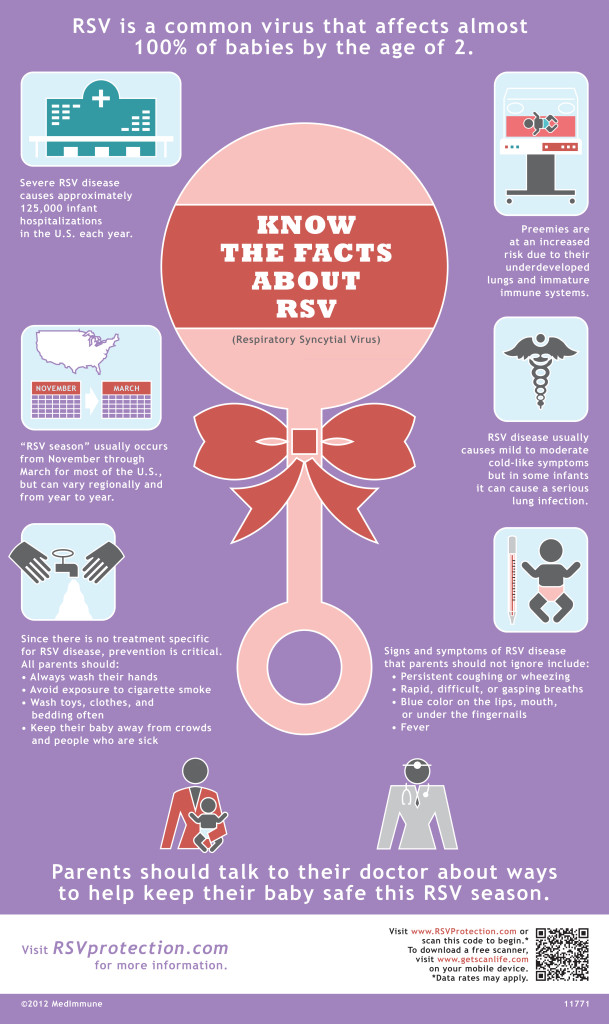When my daughter was only 3 months old I had to go back to work. Needless to say being away from her was a hard transition but I would soon find out that the hardest part of leaving her in a daycare was not the separation but how often she got sick. She was born a few weeks early (37weeks) and weighing only 5lb, she also had trouble breastfeeding and it soon became clear that her immune system was not strong enough to deal with all the germs and virus she was exposed to at the day care.
She was only 5 months when the pediatrician told me she had contracted RSV (Respiratory syncytial virus). This is a common, seasonal virus that affects one third of children by age one. In my daughter’s case the RSV was not severe but by then she had gotten sick several times in just a couple of months and it was time for me to take some more serious preventive measures. I pulled her out of the daycare and hired someone to take care of her at home. I realized that her immune system was not strong enough for her to be in a nursery with 10 other babies and in a day care that had about 80 children all together. Taking care of her at home was not an easy decision but it was the right one for her. When she was 18 months old she started attending preschool. By them her immune system had strengthened and I was also wiser: this time I was careful to choose a small facility where there where only 6 or 8 children in her class.

What every mom should know about RSV:
- RSV is a virus and it cannot be treated but it can be prevented!
- RSV can live on surfaces like doorknobs and counter tops for several hours and is spread by touching, hugging and kissing.
- Day cares increase the risk of spreading RSV because there are large numbers of children sharing toys, bedding etc. and they are all sharing the same space making this the ideal environment for germs and virus to spread.
- Some babies are at an increased risk of developing serious RSV including premature babies, babies with low birth weight and babies with a history of asthma in the family. Speak to your pediatrician to see if you baby might be at risk and discuss with him what preventive measures you can take.
- Familiarize yourself with the symptoms of serious RSV infection and contact your doctor immediately if you suspect your child has a serious RSV infection. Symptoms include: wheezing, difficulty breathing, blue color on the lips, mouth or under the fingernails, high fever, fatigue and loss of appetite or difficulty eating.
- RSV is more frequent during fall and spring, from November to March.
- Most babies will have contracted RSV by the time they are 2 years old but only 1/3 of mothers have heard of the virus.
- If your child has only mild symptoms of RSV there is usually no cause for alarm and no need to call the doctor but you should still keep your child home to prevent it from spreading to children who might be at a higher risk of developing a serious infection.
How you can prevent your baby from getting RSV:
- Wash hands, toys and bedding frequently.
- Keep your baby away from second hand smoke.
- Avoid crowded environments.
- Avoid contact with other sick children.
- When looking for a daycare facility compare a couple of places and visit them more than once. Ask how often they disinfect toys, how many children are in each class and observe the classrooms and materials and bathrooms to see that they keep them clean.
Visit www.RSVProtection.com and follow #RSVProtection on Twitter for more information.
Disclosure: This is part of a sponsored campaign with Latina Bloggers Connect and #RSVPRotection. However, all opinions expressed are my own.
- Guatemalan Dulce de Chilacayote Recipe (Crystalized Chilacayote Candy) - February 26, 2024
- Guatemalan Naranjas en Miel Recipe (Candied Oranges Recipe) - February 25, 2024
- Traditional Guatemalan Candy - February 25, 2024




Very Interesting! Good to know this info.
Thank you for sharing this information. Very interesting and useful for all families.
Paula: my oldest son got it when he was only 12 days old. It was a nightmare because he was so small, but thanks God everything went well. After that he tended to suffer from asmtha until we started using natural preventive medicine. It is very serious.
My oldest also had RSV it was horrible and I was so scared when it happened to him.
My heart goes out to any parent that has to go through this.
Thank you for this great information.. I will pass it along to my friends…
This is great information. I run a very small childcare and can’t see why a parent would choose a facility with so many children especially for infants! I am glad you were able to find a better option.
my poor 1 year old had it this in January, we goy home from AZ and he had a weez and but he was breathing ok and was only sick for 4 days but i had a feeling that i should take him in and he had it. he was onlike 4 meds for 2 weeks!! it killed me 🙁